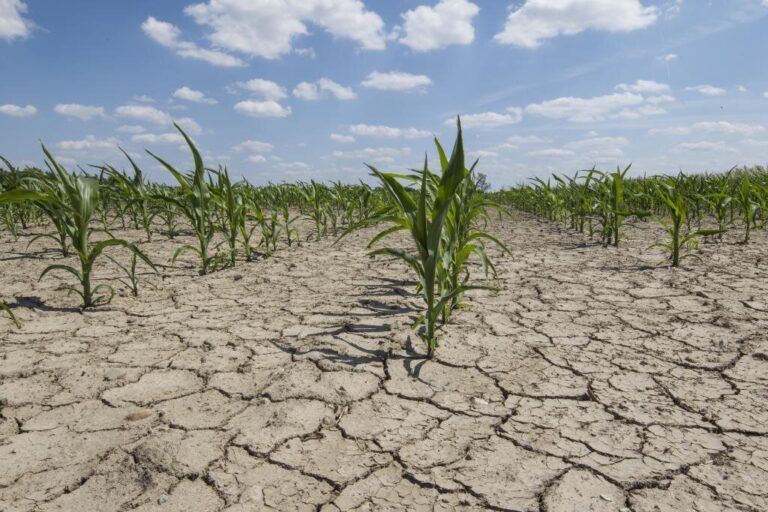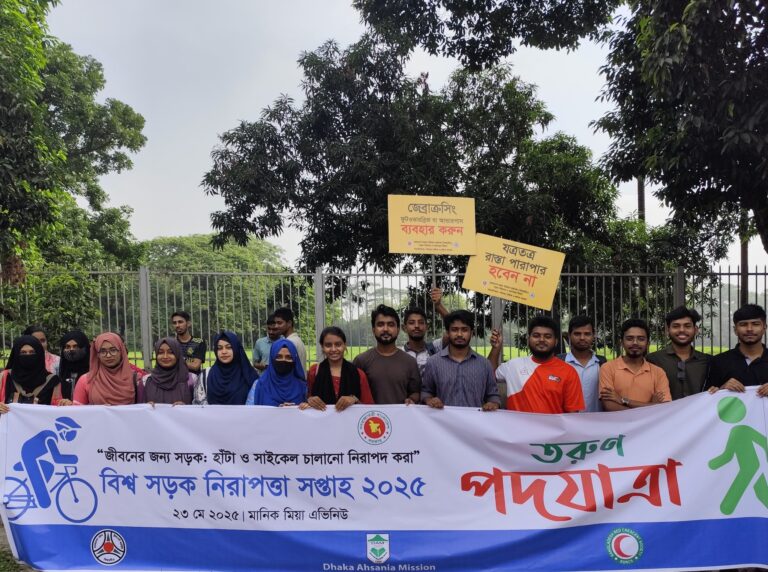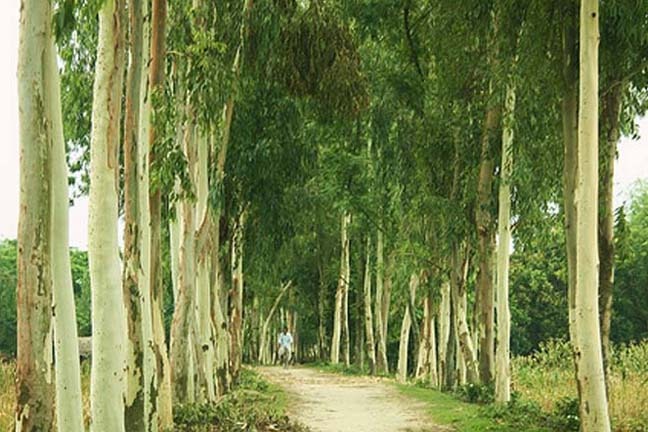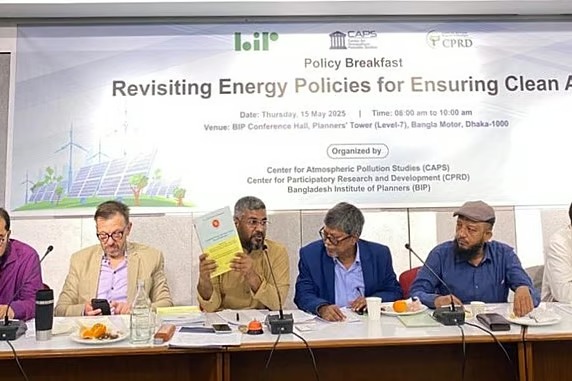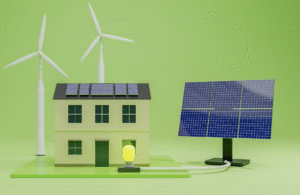In the far-flung off-grid communities of rural Bangladesh, where conventional electricity has long failed to reach, a quiet revolution is taking place—fueled not by fossil fuels, but by innovation, inclusion, and a bold vision of energy democracy. At the center of this transformation stands SOLshare, a Bangladeshi startup redefining how energy is generated, shared, and monetized at the last mile.
Founded in 2014, SOLshare is a pioneering ICT-based social enterprise on a mission to provide sustainable, affordable, and reliable electricity to low-income households in remote areas across Bangladesh, India, and beyond. What started as an experiment in peer-to-peer (P2P) solar energy trading has grown into a scalable platform of clean energy services, known collectively as the SOLbazaar.
Turning Wasted Solar Into Shared Wealth
Bangladesh is home to over 6 million Solar Home Systems (SHS)—a significant milestone in green energy adoption. However, a major challenge persisted: over 30% of the energy generated daily by these SHS units remained unused, amounting to a staggering 600,000 kWh of wasted power every day. For off-grid households, this translated to an ironic paradox—while power sat idle, families continued paying exorbitantly high costs, sometimes as much as $10 per kWh, under the so-called “energy poverty penalty.”
It was in this gap between excess and need that SOLshare discovered its purpose. Their flagship innovation, the SOLgrid, introduced a peer-to-peer solar electricity trading platform that allows rural households to trade surplus electricity with their neighbors via a digitally metered, mobile-based system. This not only maximized the utility of underused solar energy assets but also created a local energy economy where villagers became both consumers and producers—“prosumers”—of clean energy.
The impact? Over 15,000 beneficiaries now enjoy cheaper, more reliable electricity in areas where the national grid still cannot reach.
The 5D Strategy: Building the Energy World of Tomorrow
SOLshare’s bold corporate vision is structured around five key principles—Decentralization, Decarbonization, Digitization, Democratization, and Disruption. These pillars are not just buzzwords—they are foundational strategies that guide the company’s continuous innovation.
Their extended product ecosystem, the SOLbazaar, now includes:
-
SOLgrid – The original peer-to-peer solar trading network.
-
SOLclock – A Pay-As-You-Go (PAYG) solution for powering both AC and DC appliances, allowing off-grid consumers to affordably access electronics through flexible mobile payments.
-
SOLmobility – A rising solution in the electric mobility sector, where drivers of electric three-wheelers lease smart batteries on PAYG models. Currently, 400 vehicles are powered under this system, significantly increasing driver income and lowering fuel-related emissions.
Together, these innovations are improving livelihoods, boosting rural entrepreneurship, and reducing nearly 100 metric tonnes of CO₂ equivalent emissions, a compelling case for sustainable development rooted in the grassroots.
Energy Access as a Pathway to Empowerment
What sets SOLshare apart is not just its technological innovation, but its deep commitment to inclusive impact. The company’s primary beneficiaries belong to the “base of the pyramid”—low-income families in energy-poor regions—yet its services are increasingly being adopted by the emerging middle class, creating a bridge between need and aspiration.
In the words of SOLshare’s leadership, “We define our business through the problem we solve, not the product we sell.” This user-first model is evident in every layer of their business—from localized grid mapping to community training to adaptive pricing models based on ability to pay.
From Local Innovation to Global Inspiration
As the climate crisis deepens and energy inequality grows, SOLshare’s model holds potential far beyond Bangladesh. The SOLbazaar platform offers a template for how renewable energy can be scaled through localized solutions, tech-enabled platforms, and community engagement. It presents an alternative to top-down infrastructure projects that often overlook the nuanced needs of rural communities.
In an era where global leaders are grappling with the transition to net-zero economies, startups like SOLshare remind us that the energy future can be just, decentralized, and deeply democratic—if we invest in the people who are often left out of the conversation.
SOLshare is more than a startup—it is a symbol of Bangladesh’s capacity to lead on climate resilience and innovation. By connecting unused solar energy to unmet need, it has flipped the narrative from scarcity to surplus, from dependence to empowerment. As this Bangladeshi enterprise lights up rural homes, it also lights the way forward for a greener, more inclusive global energy system.
Writer: Ahmed Saif


